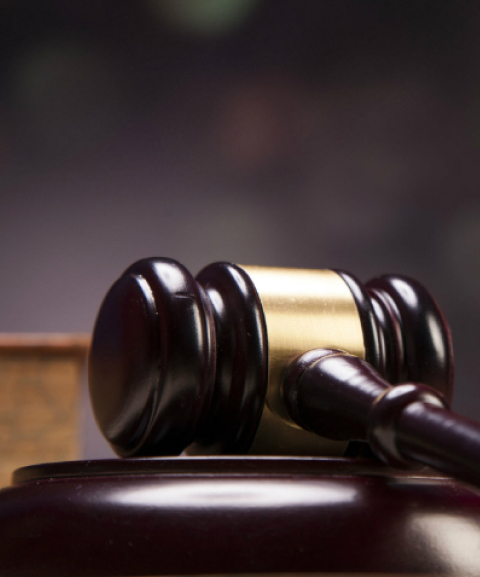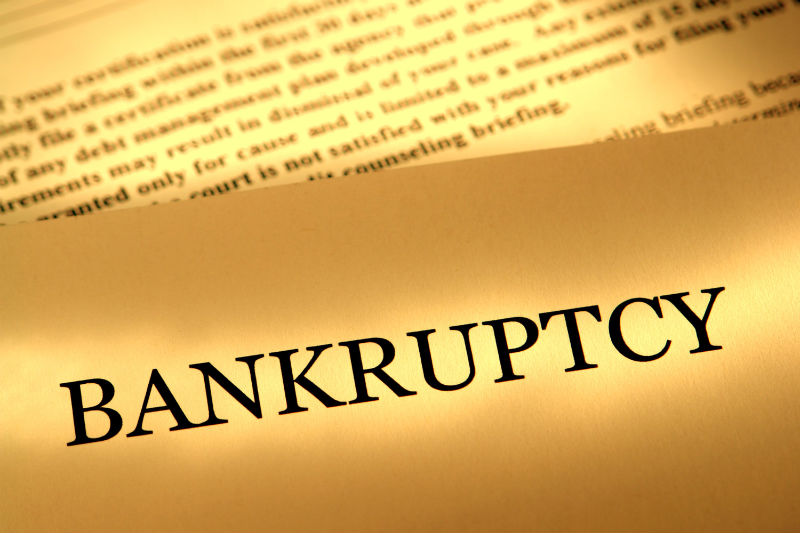One of the most serious and life altering decisions could be to file for a bankruptcy. You should take due considerations before proceeding with such a decision. Before you undertake any action, it is necessary to know about the process of bankruptcy filing’s ins and outs. There are two types of bankruptcies namely, Chapter 7 and Chapter 13 bankruptcy. The only way to prove that you are insolvent is to show the court that you do not have the resources to pay for the debts in your name without some external assistance.
According to Chapter 7 in Indianapolis, each of your assets that are not exempted by the state would be liquidated and the returns would be used to pay for your debts. It is possible that most of the property you own will be considered as exempt and hence, will not be subjected to liquidation process. In case you want to file for a Chapter 7 type of bankruptcy, find an attorney who would be able to clearly advice you beforehand as to what property is most likely to be liquidated and what you may keep.
When filing for a Chapter 7 type of bankruptcy, you will require undertaking a test for ensuring that your income is less than a standard amount. This test is known as the means test. If your income is higher than the set amount, you will not be eligible for filing for a Chapter 7 type of bankruptcy.
The Chapter 13 type of bankruptcy is completely different. It mainly focuses on reorganization of debt. You will have to commit that you will repay the debt amount over a predefined period of 3 to 5 years. It is a wise option for individuals who earn a good income but are late to compensate for the mounting bills. This way you can pay off the entire debt amount within a certain period easily. Your creditors will no longer bug you for repayment once you have filed for Chapter 13 type of bankruptcy. It is a critical move that can help save you from a foreclosure and allow you to stay in your house. All your debt amounts will be merged to make for a fixed monthly payment that may even be reduced for quicker repayment. The benefit of Chapter 13 type of bankruptcy is that you do not have to part from your non- exempt assets like in Chapter 7 bankruptcy in Indianapolis.
If you are considering bankruptcy as an alternative to get relief from your mounting financial pressures, think again. Filing for bankruptcy does not eliminate debts that include mortgages, student loans, car loans, child support, criminal fines, some taxes, spousal support etc., as these are still to be paid alongside your bankruptcy. Moreover, declaring a bankruptcy shows for about 7 to 10 years on your personal credit report. Hence, to take a wise decision, it is always recommended to consult a lawyer who can help you realize your situation, the best possible way out and the affects bankruptcy filing can have on your financial situation.





